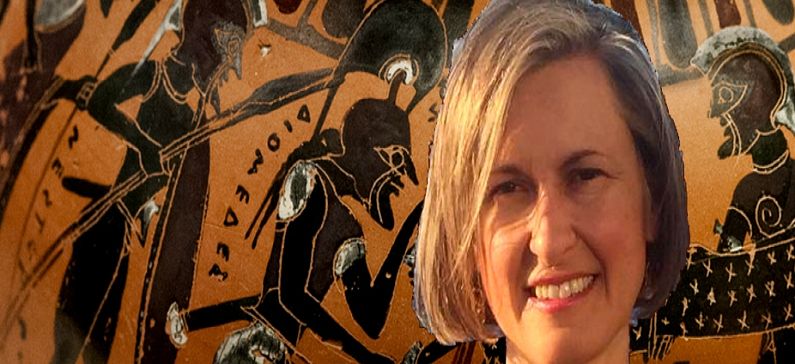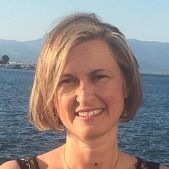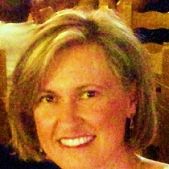
Studies the global impact of the Greek mythology
Andromache Karanika is an Associate Professor of Classics at the University of California, Irvine. She worked at the same university as an Assistant Professor from 2006-2012.
“The most attractive element about Greek mythology is the idea and ideal of a journey. Greek mythology is not about the dichotomy between good and evil as is the case with many other traditions, but about a route that takes you to faraway places and the depths of yourself. A variety of circumstances in ancient storytelling compels heroes to act and react as they discover themselves, while navigating the limits of human existence with all its glory and its suffering. The journey is what makes one wiser, but wisdom comes with an epic or tragic cost; Odysseus returns home without his companions, Oedipus blinds himself after discovering his identity, as external and internal journeys shake and reshape heroic life. Heroism is only human and as such has limits. Ancient stories allude to the borders of hubris that heroes are often dangerously near to or even cross. Heroes like Agamemnon and Achilles in the Iliad or Heracles exceed those unseen limits in different ways, and by doing so can bring destruction for themselves and others. It is not through success but through wandering that one finds oneself. Students in college campuses across the US continue to come in huge crowds to classes of classical mythology. I think they react to the deeper allure of those stories and have a lot to gain by reflecting on them”, says the Greek professor Andromache Karanika in a previous interview, in an effort to explain the spell that exists in ancient Greek myths.
She received her Ph.D at Princeton University and has published articles on Homer, women’s oral genres, lament, pastoral poetry and, recently on Homeric reception and lament in Byzantine literature. As far as her education is concerned, as we mentioned above, she acquired her Ph.D at Princeton University (Classics and Classical Languages, Literatures, and Linguistics) and her Master’s degree (Classics) at the same university. She also obtained her Bachelor’s degree (Classical Philology) at the Aristoteleion University of Thessaloniki, Greece 1989-1993). She speaks Engish, French, German, Latin, Ancient Greek, Italian, Spanish, Turkish, and of course Greek.
She is the author of Voices at Work: Women, Performance and Labor (Baltimore: Johns Hopkins University Press, 2014); she has also co-authored a textbook on Modern Greek. She is currently working on a book on wedding songs and poetics and the interactions of lyric and epic.










